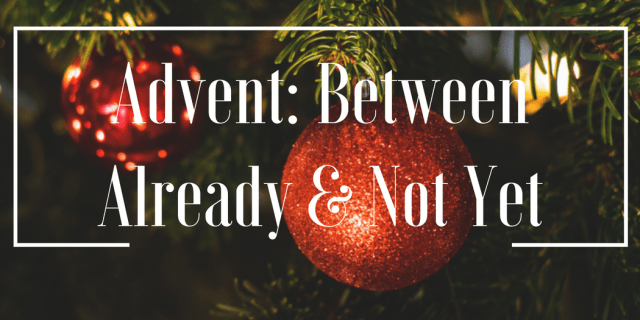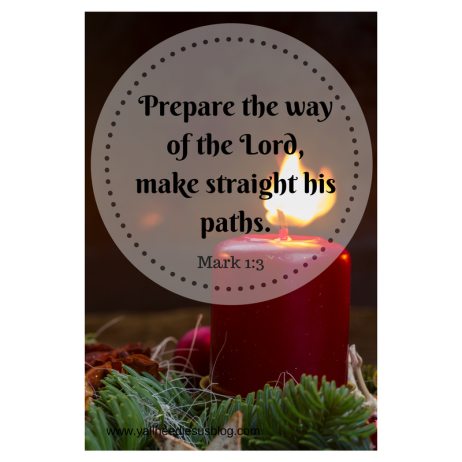“Joy is the echo of God’s life within us.”
 How wonderful to hear those Advent refrains of “Rejoice in the Lord always, again I say rejoice.” This third Sunday of Advent the whole chorus of readings seems to awaken in us the spirit of exultant joy. The prophet Zephaniah proclaims God singing loudly, dancing and exulting over his beloved ones, promising them renewal and restoration, embraced in God’s great love. “Rejoice and exult with all your heart.”
How wonderful to hear those Advent refrains of “Rejoice in the Lord always, again I say rejoice.” This third Sunday of Advent the whole chorus of readings seems to awaken in us the spirit of exultant joy. The prophet Zephaniah proclaims God singing loudly, dancing and exulting over his beloved ones, promising them renewal and restoration, embraced in God’s great love. “Rejoice and exult with all your heart.”
The apostle Paul reminds the Philippian community to relax, rejoice inwardly, for you do not need to worry about anything. Trust the nearness of God. Let the peace of God be ever present, guarding your minds and hearts from darkness, discouragement, anxiety and worldly concerns. “Shout aloud and sing for joy; great in your midst is the Holy One of Israel.”
Even John the Baptist steadies questioning hearts with his simple exhortation to just do your life with honesty and integrity and be filled with holy expectation for God is very near to you. John proclaims that the One who is coming is greater than he and will guide all believers by the fire of the Spirit into a brand new way of seeing and being. John proclaimed that a way of justice, peace and love was coming upon the earth. The new Way was going to be given in the person of Jesus, the Christ. The One coming was God incarnate in human flesh. Such a miracle of love! Truly, this is joy to our world.
These Scripture readings got me pondering about JOY as it manifests in our spiritual lives. Deeper than emotions, beyond pleasant outer circumstances, transcending knowledge and insight, there arises this quiet, profound sense of joy. It is pure gift. As one’s contemplative spirit grows, so does the awareness that our joy proceeds from the inner realization of one’s union with God. As Jesus promised, God who is overflowing in abundant joy, longs to share that joy with us: “I have told you this so that my joy may be in you and that your joy may be complete” (John 15:11).
As we walk our faith journey, this deepening of freedom, peace and joy become more and more participative and transformative, so much so that the indwelling Treasure within our soul overflows into loving service and compassionate presence. Amazingly so, this union endures even in the midst of struggles and sufferings for “nothing can separate us from the love of God” (Romans 8:39).
Over the years, we just seem to grow into this way of ‘knowing things’. Experience has taught us this wisdom. Faithful listening and receptivity to grace have guided us gently and steadily into becoming generous partakers in God’s very own life. Our spiritual father, Jean-Pierre Medaille SJ, understood that it was in self-emptying that we most truly found God indwelling us and sharing that fullness with us. “Be loving Love and let God’s love love through you” (M.P., Part 2).
As I understand it now, God’s true nature is joyful, expansive, inclusive, love. God is overflowing with abundant joy. So, our whole spiritual life, founded on Jesus’ invitation, is to “enter into the joy of your Lord” (Matt. 25:21). Humbly trust that your joy is the echo of God’s life in you. In the midst of a world weighed down by troubles, we Christians, possessed by this divine joy, can be contagious, attractive and shining examples of the Joy of the Gospel that Pope Francis exhorts us to be. “Joy is a net of love by which we catch souls, for the one filled with joy, preaches without preaching” (St. Teresa of Calcutta).
- Rosemary O’Toole, CSJ







